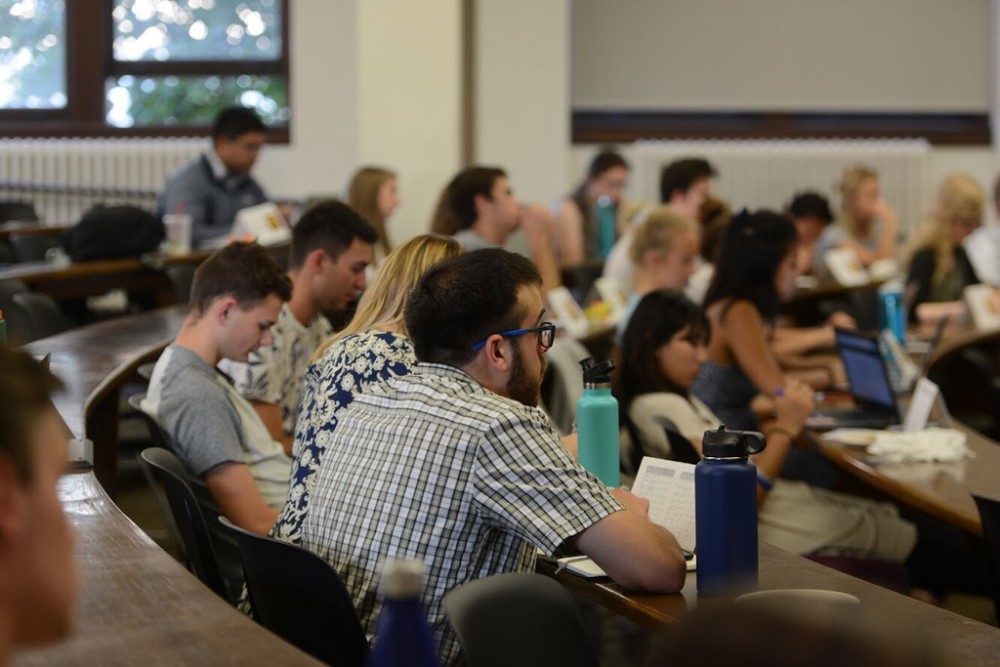With a potential change in the dining halls’ food supplier, a new Minnesota Student Association subcommittee is tasked with considering student needs.
The MSA dining subcommittee, which first met on Sept. 14, is set to write a report detailing their hopes for campus dining.
The current vendor’s contract expires in 2020 and the University must decide on whether it will be looking at other vendors by 2018-19, said Will Macheel, co-director of the subcommittee.
The group will be working on the report until November, when a food-focused MSA forum will be held. Suggestions from that forum will be used to finish the report, and they plan to have the report finalized and filed to administration by the winter, Macheel said.
MSA and Aramark have butted heads in the past, including MSA calling for Aramark’s accountability for nutrition and business practice in 2016, according to past Minnesota Daily coverage.
Despite this, the subcommittee is not advocating for or against a change of vendor, said James Farnsworth, co-director of the subcommittee.
“Think of [the report] as, ‘This is what an ideal scenario for campus dining looks like on the University of Minnesota-Twin Cities campus,’” he said. “It’s taking a holistic look at all of the different aspects of campus dining.”
Around 20 students are in the subcommittee. Most of those members come from outside MSA, such as campus advocacy groups, Greek life, religious groups and unaffiliated students — a unique feature for an MSA-run committee, Farnsworth said.
“We’re pretty pleased with how many people have been interested in this dining subcommittee, given that it’s such an important issue to students,” Macheel said.
The committee is separated into three sub-groups researching nutrition, sustainability and other Big Ten schools.
“This subcommittee is a great opportunity for us to make a positive change on campus,” said Elayna Shapiro, subcommittee member and president of U Students Like Good Food, a campus group which advocates for healthy, sustainable food.
MSA has been told their suggestions will be taken seriously by administration, Farnsworth said.
“We wouldn’t be doing this if we didn’t have confidence in the process that we have laid out,” he said.








